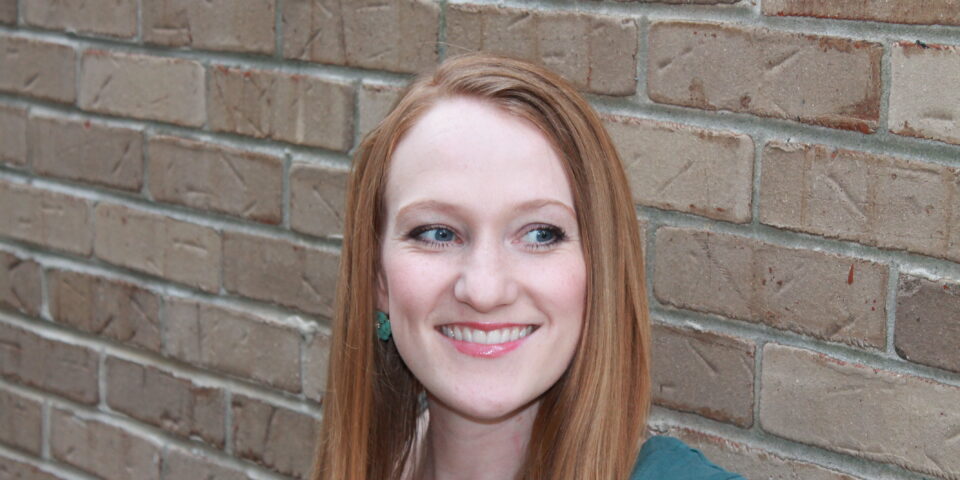When I was a teenager, I recited the Young Women values proudly every week: “faith, divine nature, individual worth, knowledge, choice and accountability, good works, and integrity.” I had frequent opportunities to exercise my integrity amidst the temptations of high school and I made it a goal to stand for what I believed to be right no matter the circumstances.
It wasn’t until I began attending the temple as a newlywed at BYU that I began to encounter rhetoric that made me question my role as a woman in the eyes of God. Why did I recite the words of Eve to Adam that seemed to place her in an inferior position to his? How can “The Family: A Proclamation to the World” claim that fathers preside yet husbands and wives are equal partners? How was I to accept the easy way that men explained away my feelings of revulsion over plural marriage in our history and sealing policies? The implicit answer was, “Well, men hold the priesthood.” When that answer wasn’t enough, I prayed, fasted, received priesthood blessings, and read extensively: scriptures, general conferences talks, and LDS books written on gender.
I wanted to have it both ways, an assurance that every word of a general authority or scripture was true, and an assurance that those words meant full equality between men and women. I twisted the definition of words like “hearken,” “helpmeet,” and “preside” to make them more palatable to me so that I would not have to admit to myself they were offensive to my mind and spirit. Finally, I followed Joseph Smith’s advice for determining truth: “…for it beginneth to enlarge my soul; yea, it beginneth to enlighten my understanding, yea, it beginneth to be delicious to me.” My attempts to reconcile inequitable beliefs left a bitter aftertaste. My integrity was again put to the test. The God I prayed to either believed that women were equal to men or that–maybe after a long circuitous explanation in which I redefine a lot of terms and ignore my own conscience and logic—women were kind of equal-ish to men. I could no longer pretend that I didn’t recognize the difference.
Women have unique gifts to contribute to the LDS church that have yet to be fully utilized. I believe this stems from ancient religious practices as well as the 19th century culture in which the church was restored. I also believe that the prophets and apostles are men inspired by God, who naturally will not be compelled to ask questions that might promote positive change, unless they have had the opportunity and the time to consider the stories of the diverse group of women they lead. Only we can help them to understand what it means to be an LDS woman. It is my hope and prayer that someday we will have a more established path for doing so. Until then…
I am a teacher, a musician, and a Mormon and I believe women should be ordained.






